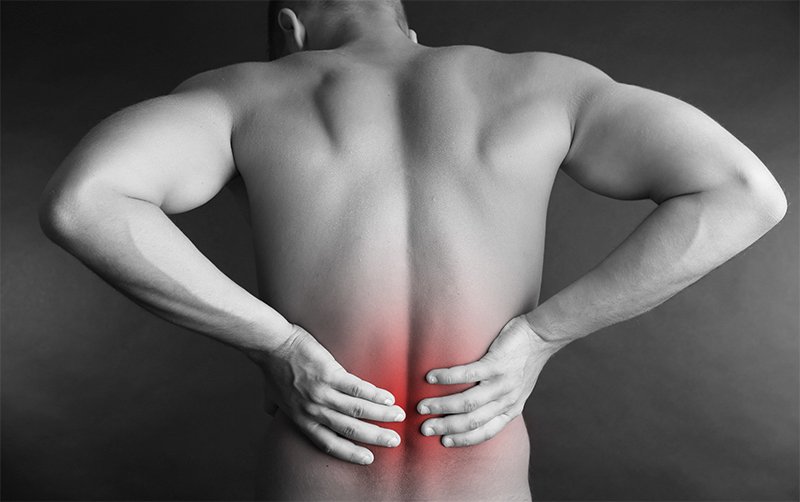Ineffectiveness of Opioid Drugs on Chronic Pain Conditions
We know that low back pain is an extremely common problem, but it is also one of the leading causes of disability throughout the world. A majority of those with chronic low back pain are prescribed opioid analgesics, regardless of the lack of evidence supporting their effectiveness. Even when the massive prescribing of these opioid drugs was at its highest, we didn’t see a ton of news coverage regarding the proof that they can significantly help chronic conditions such as chronic low back pain. This is largely due to the fact that little to no research had been done proving the efficacy of opioid drugs, for both short- and long-term usage.
Even now, the few studies that have been conducted on the efficacy of opioid drugs continually note that “further research is needed” or “evidence on long-term efficacy is lacking” as this 2016 Systematic Review & Meta-analysis states. This is just one example of attempts being made to actually measure how effective opioid drugs are at treating chronic low back pain. The authors independently extracted the data to avoid bias, and measured the pain and disability outcomes of almost 8,000 participants with chronic low back pain. The results showed that opioid analgesics provided a ‘modest’ short-term pain relief (for those that could even tolerate the medicine and/or did not stop taking the drug due to unwanted side effects). Conclusions further stated that this relief is not “clinically important within guideline recommended doses.” One of the co-authors of the study even stated that:
“It’s surprising given their reputation as powerful painkillers, that opioids didn’t provide significant relief for people with longer-term low back pain – even at very high doses” – Andrew McLachlan, Ph.D.
A 2006 study showed similar results that opioid treatment of chronic pain patients didn’t fulfill any of the basic treatment goals including “pain relief, improved quality of life and improved functional capacity.” In fact, it found that:
“Opioid usage was significantly associated with reporting of moderate/severe or very severe pain, poor self-rated health, not being engaged in employment, higher use of the health care system, and a negative influence on quality of life.”
So even though these two studies were conducted ten years apart, they both reveal the same lack of evidence supporting the efficacy of long-term opioid use for chronic pain conditions. In addition, they show that long-term opioid users experience negative side effects in both their physical and mental health.
For drug-free pain relief without harmful side effects, you may want to consider alternative treatment options such as H-Wave. Contrary to the above studies on opioid drugs, H-Wave’s effectiveness IS proven by research to be a safe and effective non-pharmacological analgesic for chronic pain.
